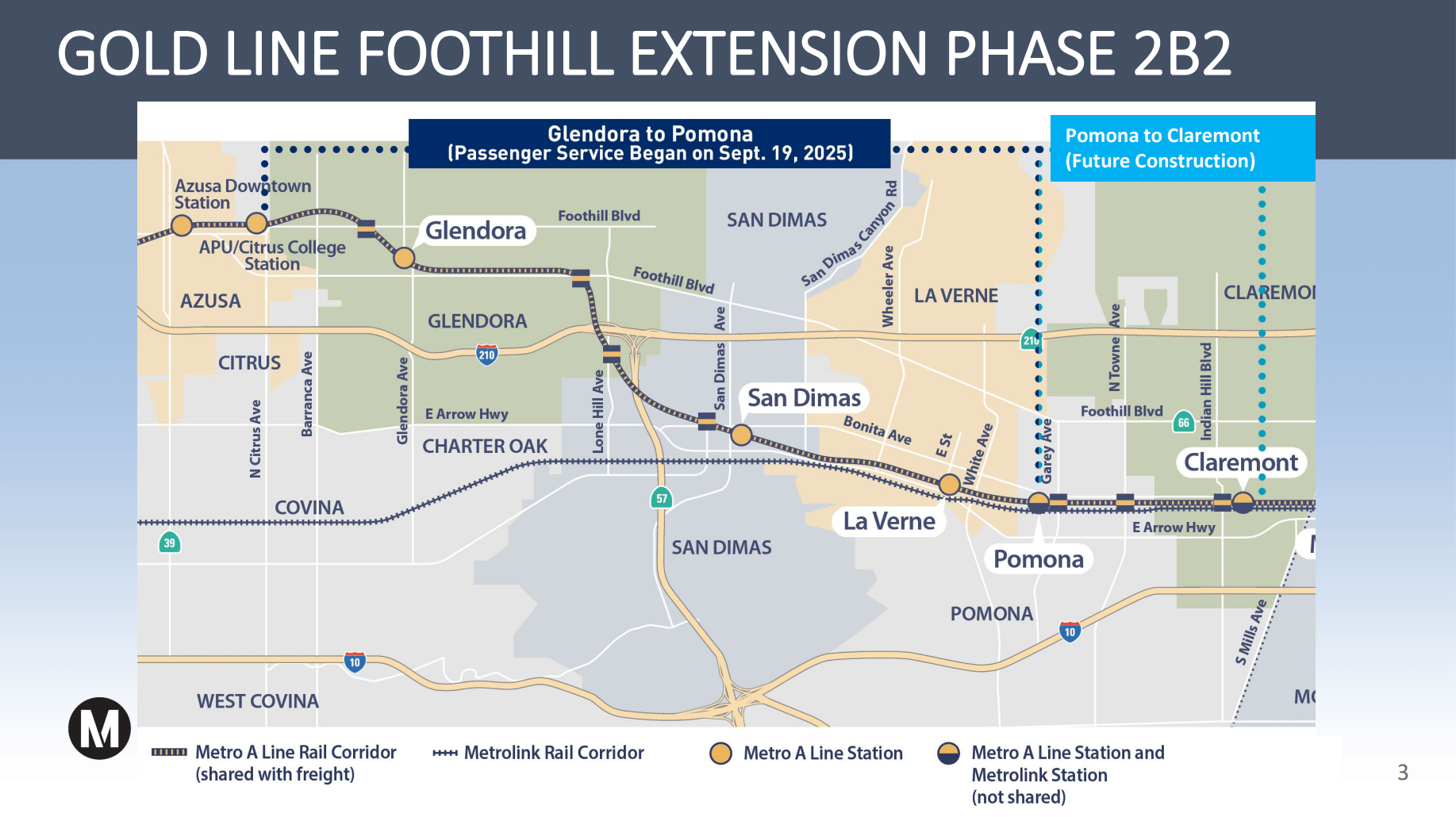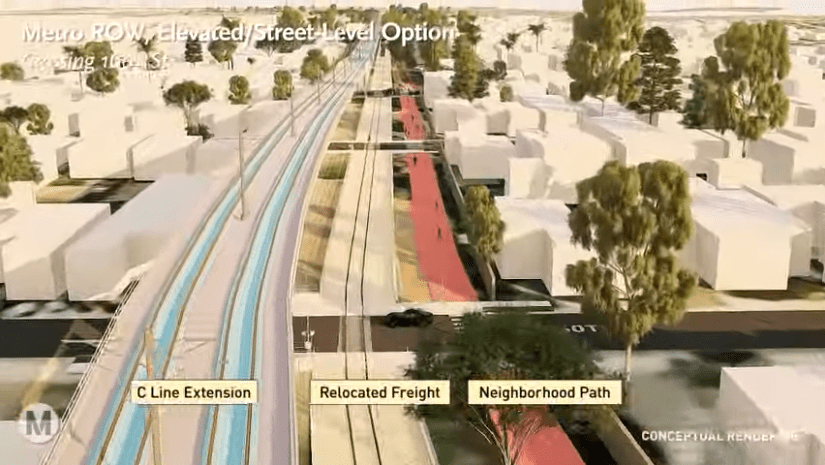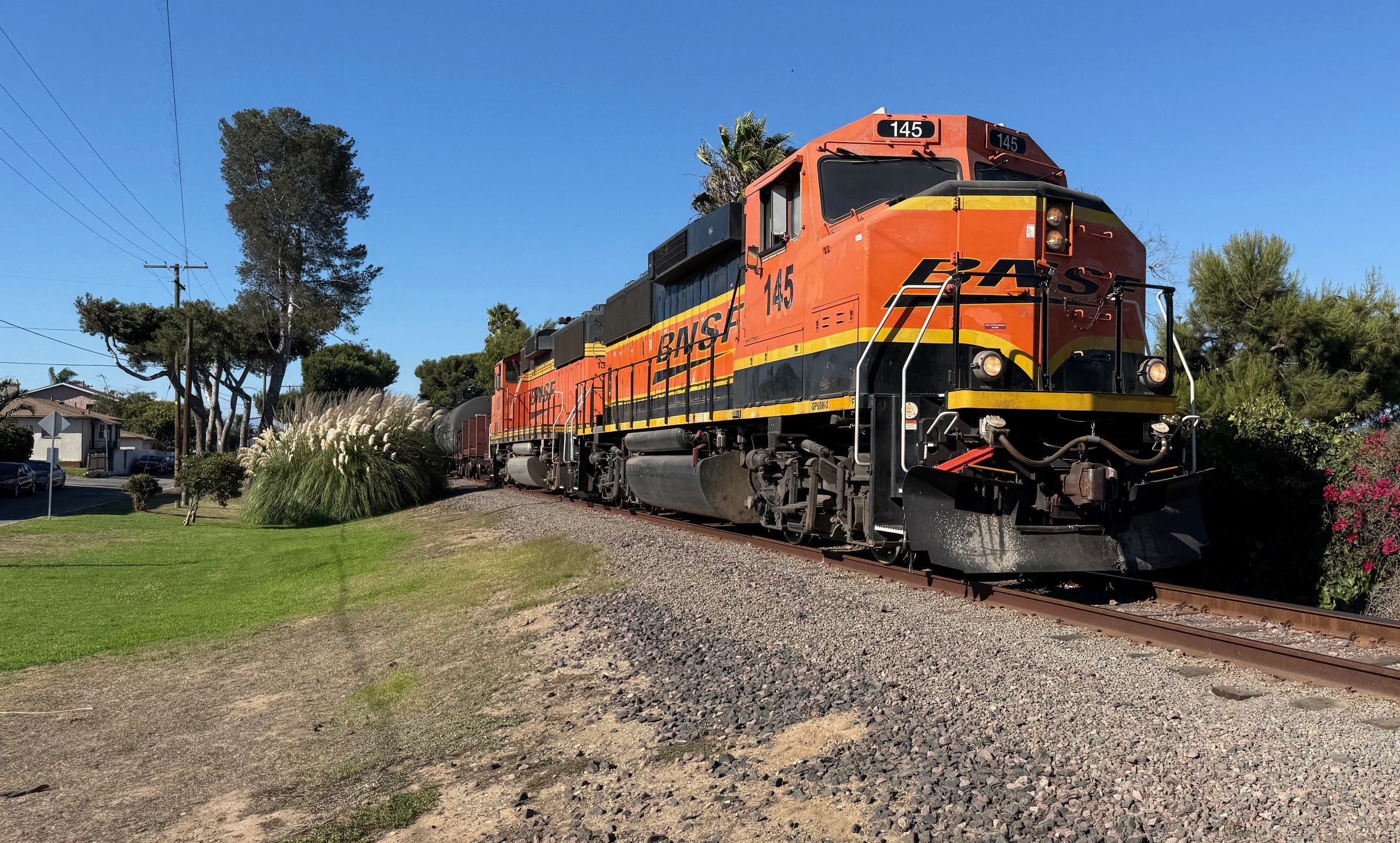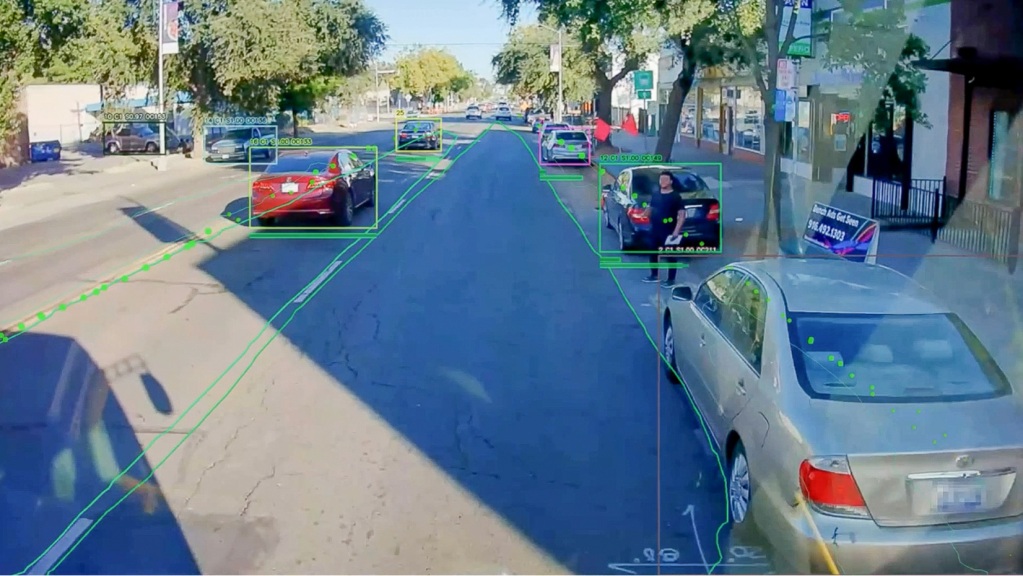Yesterday, the University of Virginia's Miller Center invited six former transportation secretaries to talk about the possibilities of presidential influence over transportation and to give advice to Charlotte Mayor Anthony Foxx, whose nomination for the job was announced that same day.
James Burnley (1987-1989, under Reagan):
“His challenge is to establish his leadership as early as he can as secretary. That’s particularly important because he’s coming from out of town.”
While the surface transportation doesn’t come up until next year, the issues are so complex, he needs to put his stamp on it early on.
Andrew Card (1992-1993, under Bush 41):
“Bring peripheral vision to the job, knowing that there are a lot of people with tunnel vision that are already at the Department of Transportation. Trust those people with tunnel vision, but know that tunnel vision doesn’t always get the job done.”
The vast majority of career employees are there for the right reasons, to do a good job. Don’t view them skeptically.
Norman Mineta (2001-2006, under Bush 43):
“Here’s a person who gets parachuted in from local government and he really has to rely on that building full of professionals. Seek the best advice from the bureaucracy.”
“He’s been innovative; he’s shown leadership. Those two qualities will serve him well.”
Mary Peters (2006-2009, under Bush 43):
“I thought it was important to first get the ear of the president” – early on, during the nomination process, is a good time to hear what the president wants you to do.
Also, meet with the appropriations and authorizing committees, especially the chairs. Visit with the department undersecretary, the deputy secretary, the modal administrators. Talk with staff. “The career staff is willing to engage in whatever goals you set as long as you communicate what those goals are.”
“I think it’s good he’s an outsider because he’s not married to the way things have always been.”
Samuel Skinner (1989-1991, under Bush 41):
“Number one, if you haven’t been here, you need a few good people around you who have been here, and are well respected or apolitical, that know what they’re doing and can help you.”
“Get to know the department well. Get out and meet the people who do the work every day. The Department of Transportation has tremendous people in it and a lot of people never get asked, never get brought in.”
Finally, set two or three immediate objectives, consistent with what the president wants, that you can achieve early on “so you can get credibility.”
Rodney Slater (1997-2001, under Clinton – the only Democratic appointee of the six):
“It’s very important for the mayor to focus on strengths that are naturally his. One, the president is clearly a believer in his abilities, they have a strong relationship… The mayor hosted a wonderful and successful Democratic convention that was very important to the president’s re-election effort... He’s had the experience of working with Republicans and Democrats…”
Foxx can also play a positive role with high-speed rail, which is supposed to eventually connect Charlotte to Washington and in the long term, to Atlanta. He was also “involved in bringing transit to a southern state, which is very, very significant, in one of the fastest growing regions in the country,” not to mention his work with electric vehicles and airport modernization in Charlotte.
“Looking at transportation as something more than concrete, asphalt and steel -- but something that involves people, and something that helps them enjoy and improve their quality of life -- is a mindset that is very helpful as he goes to the department.”






